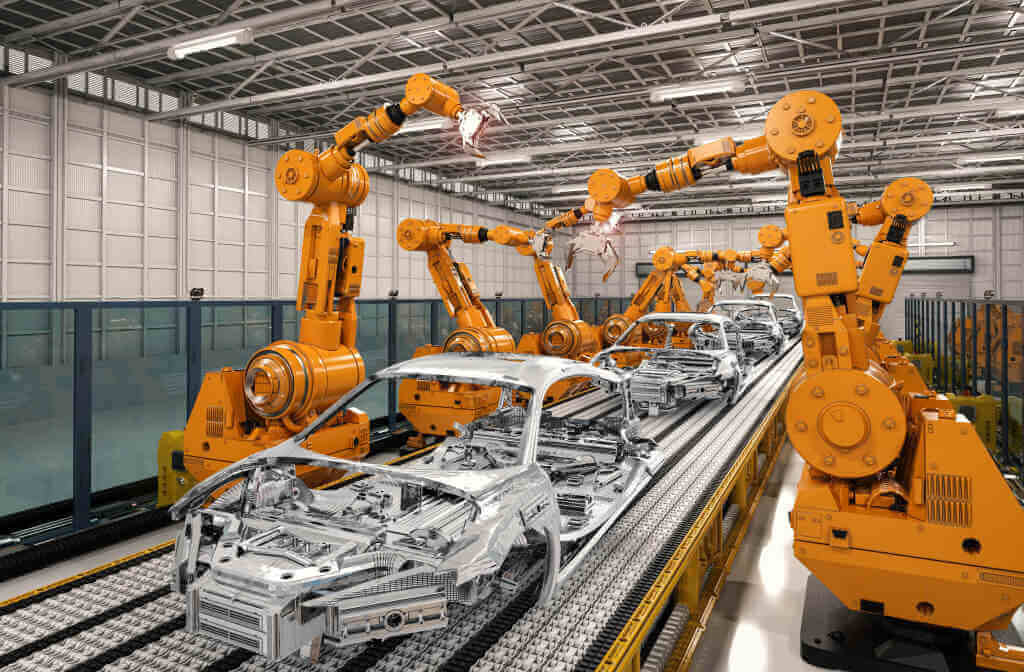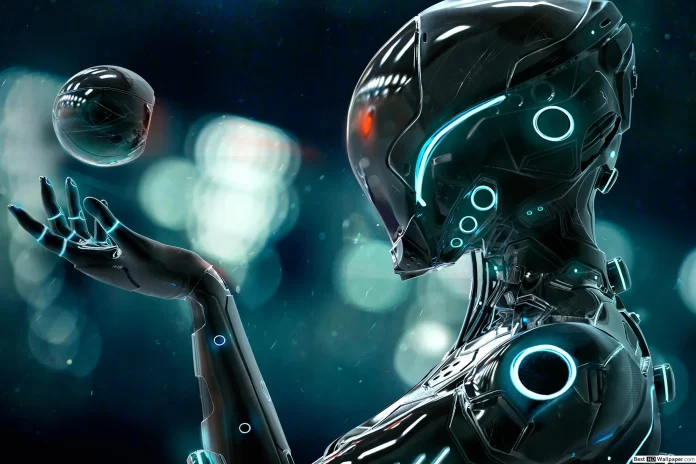Introduction
The field of robotics has experienced remarkable advancements over the past few decades, revolutionizing various industries and transforming the way we live and work. As technology continues to progress at an unprecedented rate, the future of robotics holds even greater promises and implications for society. From humanoid robots and autonomous vehicles to artificial intelligence (AI) and machine learning, this article explores the exciting advancements in robotics and their potential impact on various aspects of our lives.
Robotic Assistants and Automation
One of the most significant areas of development in robotics is the creation of robotic assistants. These robots can perform a wide range of tasks, from household chores to healthcare and manufacturing. They can help the elderly with daily activities, assist surgeons during complex procedures, and increase efficiency in industrial processes. With the integration of AI and machine learning algorithms, these robots can adapt to new situations and learn from their experiences, further enhancing their capabilities.
Healthcare and Medical Robotics
The healthcare industry is poised to benefit greatly from the advancements in robotics. Surgical robots have already revolutionized minimally invasive procedures, allowing for greater precision, smaller incisions, and faster recovery times. Robotic exoskeletons offer new possibilities for rehabilitation, enabling paralyzed individuals to regain mobility. Additionally, robots can assist in patient care, such as monitoring vital signs, dispensing medication, and providing companionship to those in need.
Autonomous Vehicles and Transportation
Autonomous vehicles are on the verge of transforming the way we travel and commute. Self-driving cars, buses, and trucks are being developed to improve road safety, reduce traffic congestion, and enhance transportation efficiency. With advanced sensor technology, machine learning algorithms, and real-time data processing, autonomous vehicles can navigate complex traffic scenarios and make split-second decisions. The widespread adoption of these vehicles could lead to a significant decrease in accidents, lower fuel consumption, and improved accessibility for people with disabilities.
Industrial Robotics and Manufacturing
Automation has been a key driver in the manufacturing sector, and robotics plays a pivotal role in this transformation. Industrial robots are becoming increasingly versatile, capable of handling complex tasks with speed and precision. Collaborative robots, or cobots, work alongside human workers, augmenting their capabilities and improving productivity. As robots become more intelligent and adaptable, they can quickly adapt to changing production requirements, leading to flexible and efficient manufacturing processes.

Ethical and Social Considerations
As the integration of robotics in society expands, it raises important ethical and social considerations. Job displacement is a significant concern, as automation and robotics have the potential to replace certain human roles. However, this can also create new opportunities for human workers, as they can be upskilled for higher-value tasks that require creativity, critical thinking, and emotional intelligence. Additionally, there are concerns about privacy, security, and the potential misuse of advanced robotics technology. It is crucial to establish regulations and guidelines to ensure the responsible development and deployment of robots.
Human-Robot Interaction and Collaboration
Advancements in robotics also focus on improving human-robot interaction and collaboration. Natural language processing and gesture recognition enable robots to understand and respond to human commands and cues more effectively. This facilitates seamless collaboration between humans and robots in various domains, such as healthcare, education, and customer service. Social robots are being designed with empathetic traits to provide emotional support and companionship, especially for individuals who are socially isolated or have specific needs.
Exploration and Space Robotics
Robots play a critical role in space exploration, enabling us to explore environments that are inhospitable or dangerous for humans. Robotic rovers, such as NASA’s Mars rovers, have expanded our understanding of other planets and their potential for sustaining life. As space missions become more ambitious, robots will continue to be at the forefront of exploration, assisting in data collection, maintenance tasks, and potentially even building habitats on other celestial bodies.
Conclusion
The future of robotics holds tremendous potential to revolutionize multiple aspects of our lives, from healthcare and transportation to manufacturing and exploration. As advancements in AI, machine learning, and robotics continue to progress, it is crucial to address the ethical, social, and economic implications that arise. By fostering responsible development, ensuring equitable access, and promoting collaboration between humans and robots, we can leverage the power of robotics to create a brighter future for society. With careful consideration and proactive measures, we can navigate the evolving landscape of robotics and harness its benefits to improve our quality of life.

